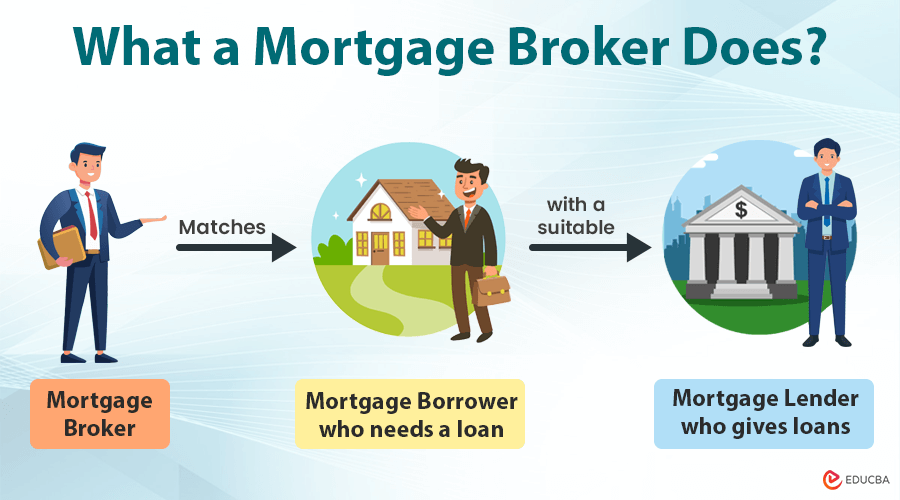Understanding What a Jumbo Car Loan Entails and Exactly How It Differs From Conventional Fundings
Browsing the ins and outs of big finances exposes a financing alternative tailored for those venturing right into high-value real estate, normally exceeding the restrictions set by the Federal Real Estate Finance Company. The significant risk linked with big lendings demands extra rigid qualification demands, including greater credit history ratings and considerable down repayments.
Definition of Jumbo Fundings
Jumbo fundings are a kind of home mortgage that surpass the conforming funding restrictions set by the Federal Housing Finance Company (FHFA) These loans accommodate customers that require to fund residential properties that are more expensive than what standard car loan limitations enable. The FHFA develops yearly adjusting lending limits, and any type of lending going beyond these limits is classified as a big car loan.
Typically, jumbo fundings are used in high-cost actual estate markets where home prices considerably exceed national standards, such as in cities or deluxe real estate industries. As these fundings are not eligible for acquisition by Fannie Mae or Freddie Mac, they lug intrinsic dangers for lenders due to their bigger dimension and non-conformity (jumbo loan). Loan providers frequently enforce much more stringent credentials standards for jumbo lendings than typical adapting lendings.
Consumers seeking big car loans must normally show a strong monetary profile, consisting of a higher credit report, robust income verification, and considerable deposit, usually 20% or more. Furthermore, lenders may call for extra substantial documents to evaluate the debtor's ability to manage bigger month-to-month payments. Comprehending the details characteristics of big lendings is vital for possible borrowers navigating this section of the home mortgage market.
Standard Lendings Introduction
While big loans accommodate high-value property financing, traditional fundings stand for the even more usual home loan alternative in the real estate market. These loans are not insured or guaranteed by any government entity, such as the Federal Housing Administration (FHA) or the Department of Veterans Matters (VA) Rather, they are backed by private lenders and adhere to guidelines established by government-sponsored ventures (GSEs) like Fannie Mae and Freddie Mac.
Standard loans are typically offered with repaired or adjustable rates of interest and vary in regards to period, frequently covering 15 to 30 years. Borrowers often choose conventional loans for their foreseeable month-to-month repayments, which can help with long-term economic preparation. Additionally, they are offered for main residences, 2nd homes, and investment residential or commercial properties, offering adaptability to satisfy varied debtor requirements.

Secret Distinctions In Between Loans
Comprehending the subtleties in between various kinds of lendings is vital for possible homebuyers navigating the complex home loan landscape. At the leading edge of this decision-making procedure are standard loans and jumbo car loans, each possessing unique attributes and offering various debtor requirements. my website The key distinction relaxes in the loan quantity. Big loans exceed the conforming lending limits set by the Federal Housing Finance Firm (FHFA), which differ by area. In comparison, traditional fundings abide by these limitations and are usually purchased by government-sponsored entities like Fannie Mae and Freddie Mac.

In addition, the down payment demands can differ significantly. Big financings usually require larger down payments, in some cases going beyond 20%, to mitigate risk. Conventional car loans, on the other hand, may enable lower deposits, with some programs accepting as low as 3% for competent purchasers.
Credentials Demands
Safeguarding a big finance entails fulfilling a lot more rigid certification demands compared to conventional loans, reflecting the increased risk to lending institutions. These loans, which go beyond the adjusting finance limitations set by the Federal Housing Money Company (FHFA), are not eligible for acquisition by Freddie Mac or Fannie Mae, therefore subjecting loan providers to greater financial threat - jumbo loan. Therefore, borrowers have to show a high creditworthiness and economic security
A robust credit scores score, commonly 700 or greater, is important for approval. Lenders additionally expect a reduced debt-to-income (DTI) ratio, often not going beyond 43%, guaranteeing that borrowers can handle substantial month-to-month repayments together with other economic responsibilities. A substantial money get is typically called for, typically amounting to 6 months of home mortgage payments, to guarantee lenders of the customer's economic strength.
Down repayment assumptions are also elevated, frequently starting at 20% or more of the home's value. While this is a safeguard for lenders, it necessitates considerable in advance funding from consumers.
Picking the Right Loan
Navigating the intricacy of big loans calls for mindful factor to consider when choosing the most suitable car loan option. With the wider variety of options readily available to those looking for jumbo lendings, the decision-making procedure ought to involve a comprehensive evaluation of one's economic profile and long-term objectives. Unlike traditional lendings, big finances typically come with more stringent requirements and differed rate of interest rates, which demand complete research study and a clear understanding of one's economic standing.
When selecting between various big finance offerings, it is critical to examine the lending terms, consisting of interest prices, payment timetables, and associated costs. Customers need to compare the prices given by different lending institutions to ensure they protect one of the most beneficial terms. In addition, comprehending the effects of repaired versus adjustable-rate home mortgages (ARMs) is essential, as each alternative presents unique advantages and threats depending on market problems and individual financial methods.
Engaging with a financial expert or mortgage broker can give important understandings customized to individual situations. These experts can aid in browsing the nuances blog here of jumbo finances, making certain that borrowers are knowledgeable and furnished to pick a funding that straightens with their economic purposes, inevitably facilitating a smoother home-buying process.
Final Thought
In summary, jumbo fundings offer as a financial instrument for acquiring high-value properties, necessitating stringent eligibility requirements and higher rates of interest as a result of the raised threat for lending institutions. Unlike conventional car loans, which satisfy FHFA limits and may obtain support from Fannie Mae or Freddie Mac, jumbo lendings call for a minimal credit history of 700 and considerable down repayments. Comprehending these distinctions is essential for borrowers in high-cost actual estate markets to establish one of the most appropriate car loan option for their needs.
The FHFA establishes annual adjusting financing limitations, and any type of lending surpassing these limits is categorized as a big finance.
At the leading edge of this decision-making process are big fundings and standard lendings, each having distinct features and serving various customer needs.Protecting a big finance involves fulfilling a lot more strict credentials demands contrasted to conventional financings, showing the raised danger to lending institutions. Unlike conventional financings, jumbo financings typically come with stricter demands and differed rate of interest prices, which necessitate extensive study and a clear understanding of one's financial standing.
Unlike traditional loans, which adhere to FHFA restrictions and may get backing from Fannie Mae or Freddie Mac, big car loans call for a minimal credit scores rating of 700 and substantial down payments.